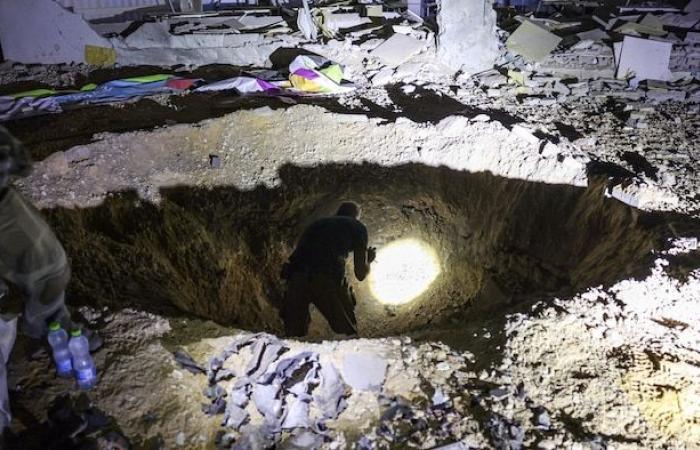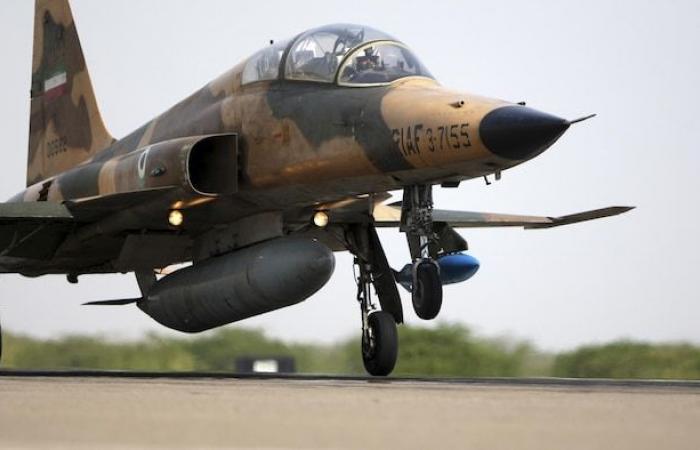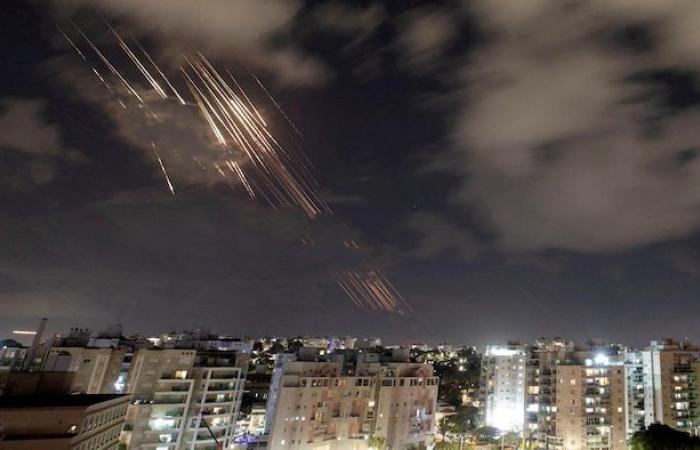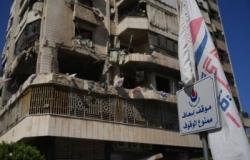The missile attack launched in Israel by Iran this week raises fears of a major response. The Minister of Foreign Affairs, Mélanie Joly, has also said she fears a “total war” in the Middle East. But what could such a conflict look like? The two armies each have their strengths and weaknesses and, according to experts, it is not just the number of soldiers or ammunition that counts.
Israel has about 170,000 active military personnel and 465,000 reservists, according to estimates. For its part, Iran has 600,000 soldiers, 350,000 reservists and 220,000 paramilitaries.
With a population of 90 million, compared to Israel’s 10 million, Iran may appear to have a significant advantage.
On the ammunition side, some reports also give Tehran an advantage in terms of the number of tanks, artillery and armored vehicles it possesses.
Open in full screen mode
Israelis survey the damage following an October 1 missile attack from Iran. (Archive photo)
Photo : Getty Images / MENAHEM KAHANA
Decades of international sanctions, however, have largely prevented the country from accessing the latest high-tech military equipment, reports theInternational Institute for Strategic Studies (IISS), a think tank based in London.
Iran’s conventional armed forces, while large by regional standards, struggle with an increasingly obsolete equipment inventory
indicated the IISS in a report published in 2023.
On the contrary, Israel certainly has more sophisticated military technology than Iran. The Jewish state has the latest planes, armed with modern missiles and bombs
says Shaan Shaikh, deputy director of the missile defense project at Center for Strategic and International Studies (CSIS), another think tank, this time based in Washington.
The Israeli Air Force, considered one of the most advanced in the world, has a clear advantage, according to Shaikh.
Open in full screen mode
Tehran has a squadron of nine F-4 and F-5 fighters, here an F-5 model. (File photo).
Photo : Reuters / Fars News
Iran still uses decades-old devices
he declares.
The place of intermediaries
Iran’s main advantage over Israel has always been its ability to attack through its allies, notably Hamas in Gaza, Hezbollah in Lebanon and the Houthis in Yemen.
If you target Iran, you often target its proxies instead
explains Afshon Ostovar, associate professor of national security affairs at the Naval Postgraduate School of the United States Navy in Monterey, California.
According to him, this spared Iran somewhat death and destruction […] which he might have faced had he fought directly in all these conflicts.
A war without its intermediaries could therefore be more difficult for Tehran.
A missile war
Since Iran and Israel are separated by more than a thousand kilometers, with Iraq and Jordan in between, any conflict between them would likely not involve a ground invasion, but would instead rely on missile attacks.
Iran has the largest and most diverse missile arsenal in the Middle East, which includes thousands of munitions, according to a 2021 report.
Israel, for its part, has one of the most technologically advanced missile arsenals in this region, an important advantage according to Mr. Shaikh.
If all-out war breaks out, much of the initial fighting will be done through air and missile power. And this is where Israel has strong advantages.
According to Mr. Ostovar, although the strength of Iranian missiles is significant, Iran cannot win a war solely thanks to its missiles.
In his opinion, Israel would also not be able to defeat Iran with missile attacks alone, but could inflict much greater damage.
Different defense systems
Israel has sophisticated air defense systems, among the best on the planet
where M. Ostovar.
Its Iron Dome system, considered the lowest tier of Israeli air defenses, was designed to counter small artillery. It has intercepted thousands of shots since it was put into service at the start of the last decade, including many during the current war against Hamas and Hezbollah.
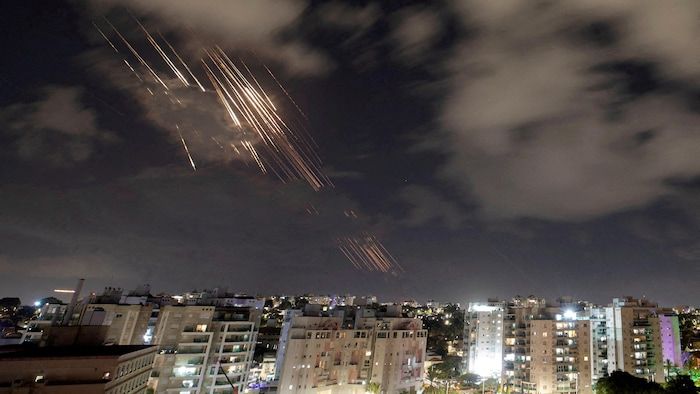
Open in full screen mode
Seen from Ashkelon, Israel’s anti-missile iron dome intercepts rockets. (Archive photo)
Photo : Reuters / Amir Cohen
But in a conflict with Iran, Israel will likely rely on more advanced systems, one to stop short-range missiles and the other to stop long-range ones, Ostovar believes.
Iran, however, has nothing similar. Afshon Ostovar says Tehran has some Russian S-300 surface-to-air missile systems and possibly an S-400, which is quite sophisticated
as well as its own domestically built systems.
These systems are mainly placed around crucial strategic sites such as nuclear sites and the residence of the supreme leader in Tehran
where M. Ostovar. So they can shoot down planes and missiles, but not like Israel does.
The use of nuclear weapons by both sides is also not excluded, although it is not confirmed that Iran or Israel possess such weapons.
Based on text from CBC’s Mark Gollom

